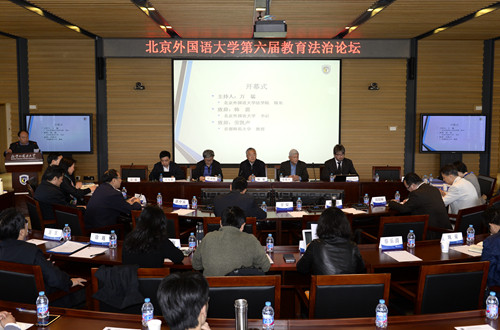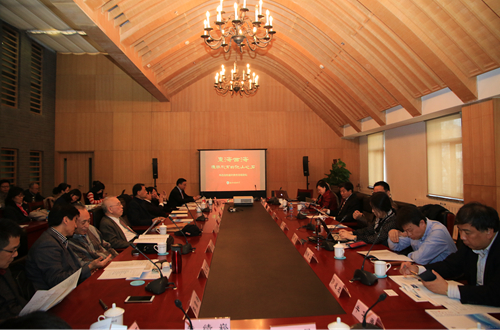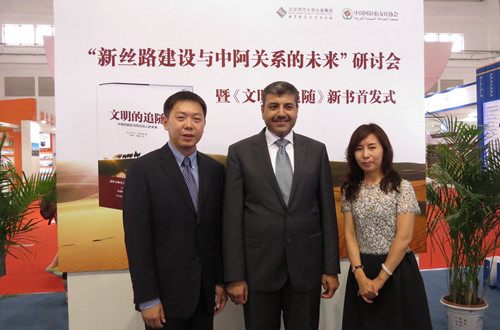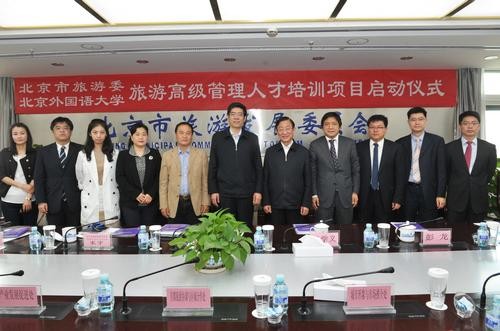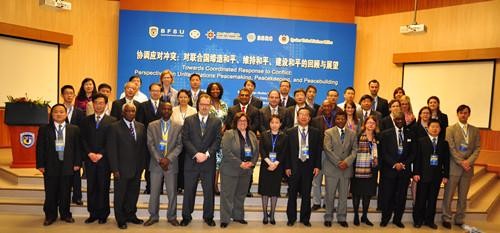Our School Convened The 6th Education And Law Forum
Our School Convened The 6th Education And Law Forum
On April 16, the 6th Education and Law Forum was held in the library. The theme of this forum is
On April 16, the 6th Education and Law Forum was held in the library. The theme of this forum is "Research on Public University Legal System in the Perspective of Law and Education". Han Zhen, secretary of the party committee of our school, attended the opening ceremony and delivered a speech. From the perspective of the cultivation of education and the rule of law and the rule of law, and governing the school in accordance with the law, it affirmed the significance of the forum. The opening ceremony was chaired by Wan Meng, Dean of the School of Law.
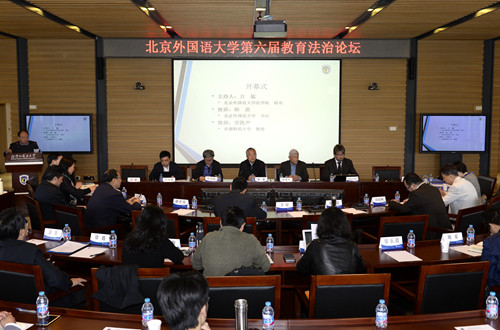
Leaders and experts from the National People's Congress, the State Council's Legal Affairs Office, the Ministry of Education, the Education Development Center of the Ministry of Education, the Beijing Municipal Court, and the Beijing Municipal Education Commission and other practical departments. Scholars and managers from colleges and universities such as Capital Normal University, Shanghai Normal University, as well as experts and scholars from media such as Chinese Higher Education, Journal of the National College of Education, Journal of Capital Normal University, Beijing Education Magazine, and other media.
Professor Lao Kai Sheng, the chairman of the China Education Policy and Law Research Association, the chairman of the Beijing Education Law Research Association, and the special professor of the Capital Normal University, delivered a speech and presided over the first stage of the topic. Wang Daquan, director of the Legal Office of the Ministry of Education, introduced the revision of the Higher Education Law. The Executive Director of Higher Education Development and Quality Improvement Center of Duisburg-Eissen University in Germany analyzed the concept of first-class universities from the multiple perspectives of law, education, and political science, and introduced the experience of the differentiation of higher schools in Germany. And lesson.
The second stage was chaired by Professor Qin Huimin of the School of Education of Renmin University of China, with the theme of the legal status of public universities. Professor Sun Xianzhong, the Institute of Law of the Chinese Academy of Social Sciences, introduced the impact on the legal status of public universities from the perspective of the Chinese Civil Code. Professor Liu Peifeng at the School of Law of Beijing Normal University introduced the impact of charity law on Chinese public universities from the perspective of the formulation of charity law. Deputy Dean Cheng Hu of the Fourth Intermediate Court of Beijing proposed the democratization, marketization, diversification, coordination and internationalization of public universities. Professor Zhang Xinbao of the Law School of Renmin University of China pointed out that a basic consensus is the school de -administrative, more legalized, and capable of rights. Non -basic consensus is difficult to define the legal status of public universities with the concept of public law and private law, community/consortium legal person.
The third stage was chaired by Professor Zhou Zuoyu, Vice President of Beijing Normal University, with the theme of public universities and government relations. Professor Ma Yingjuan, deputy dean of the School of Law and Government of Shanghai Normal University, introduced the autonomy of public universities from the perspective of government supervision. Professor Zhanzhong Le of the School of Law of Peking University believes that public universities have public legal factors, and as the subjects in general legal norms accept relevant government departments management and laws of laws. Professor Zhou Guangli, deputy dean of the School of Education of Renmin University of China, believes that the current obstruction of mainland China ’s self -employment rights is mainly four aspects. Professor Shen Suping, deputy dean of the School of Education of Renmin University of China, believes that public universities are different from private legal persons and governments, and have independent autonomy characteristics.
The fourth stage was chaired by Professor Chen Hongjie at the School of Education of Peking University. The School of Public Management of Tsinghua University talks about academic governance issues from the perspective of rights protection. Professor Wang Wenhua, deputy dean of the Law School of Beijing Foreign Languages University, introduced the performance assessment and incentive mechanism of public universities. Professor Wang Shizhou of Peking University School of Law focuses on his understanding of the three concepts of academic, freedom and assessment. Researcher Malu Ting, a researcher at the Education Development Research Center of the Ministry of Education, pointed out that public universities are the establishment of academic communities, and government, universities, etc. should clarify their respective power boundary and responsibilities.
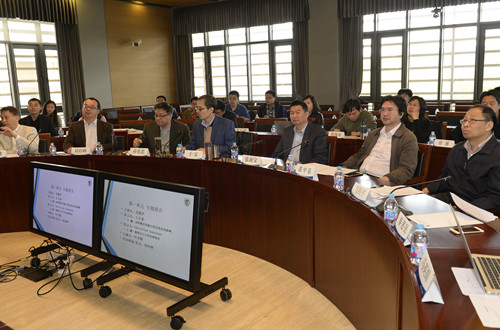
The closing ceremony was chaired by Professor Cong Lixian, the party secretary of the school of our school. Professor Xie Weihe of Tsinghua University pointed out that many problems in the Chinese higher education law have been subject to the historical process and stage of the development of higher education in China. China's logic is a historic logic. It is necessary to analyze the problems from history to truly To understand many issues of China, China's higher education also has the system and law that China has really played. Yao Jinju, Executive Director of the Education Law Research Center of our university, proposed that first -class governance is not only the guarantee of first -class universities, and it is also the standard of measurement of first -class universities.
The Educational Rule of Law Forum is a series of forums initiated and sponsored by the Chinese and Foreign Education Law Research Center of our school. The forum aims to provide a dialogue platform for educators and legal scholars, theoretical workers and practitioners, and discuss the theory and practical issues of the Education and Law Forum. Since the first time in 2011, the forum has gradually expanded, and its popularity is increasing.
(Law School Yao Jinju)

